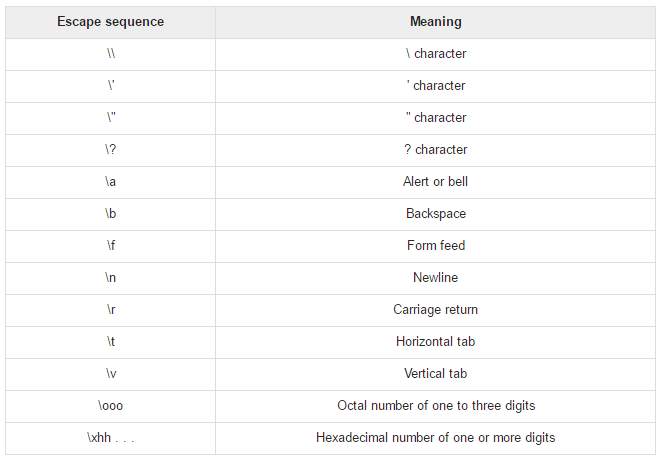Variable Definition in C++
- -A

- Jan 28, 2020
- 1 min read
A variable definition tells the compiler where and how much storage to create for the variable. A variable definition specifies a data type, and contains a list of one or more variables of that type as follows −
type variable_list;
Here, type must be a valid C++ data type including char, w_char, int, float, double, bool or any user-defined object, etc., and variable_list may consist of one or more identifier names separated by commas. Some valid declarations are shown here −
int i, j, k;
char c, ch;
float f, salary;
double d;
The line int i, j, k; both declares and defines the variables i, j and k; which instructs the compiler to create variables named i, j and k of type int.
Variables can be initialized (assigned an initial value) in their declaration. The initializer consists of an equal sign followed by a constant expression as follows −
type variable_name = value;
Some examples are −
extern int d = 3, f = 5; // declaration of d and f.
int d = 3, f = 5; // definition and initializing d and f.
byte z = 22; // definition and initializes z.
char x = 'x'; // the variable x has the value 'x'.
For definition without an initializer: variables with static storage duration are implicitly initialized with NULL (all bytes have the value 0); the initial value of all other variables is undefined.






Comments